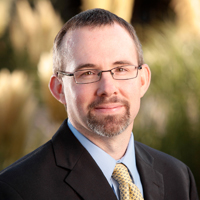
Craig D. Cox, Pharm.D., FCCP, BCPS
Associate Professor of Pharmacy Practice & Vice Chair of Experiential Programs, Texas Tech University Health Sciences Center School of Pharmacy, Lubbock, TX
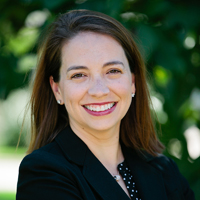
Susan S. Vos, PharmD, FAPhA
Clinical Associate Professor and Assistant Dean for Professional Education, The University of Iowa College of Pharmacy, Iowa City, Iowa USA
Plenary 1 Review from 2018. Vos. Why is Experiential Education Critical.
Plenary 2 Review from 2018. Cox. What Do You Want Your Learners to Learn
Plenary 3 Review from 2018. Vos. Who are your Partners
Plenary 4 Review from 2018. Cox. How Do You Know When You Have Reached Your Vision
08:30-09:15
09:15-09:30
09:30-10:00
Prof. Ghaleb Al Refae, President, Al Ain University of Science and Technology, AAU
Prof. Stephen Arkle, Commissioner, The Commission for Academic Accreditation
Mike Rouse, Director, International Services, ACPE
10:00-10:10
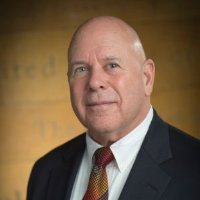
10:10-10:30
10:30-12:00
Title: A Strategic Approach to Take Your Experiential Program to the Next Level: What Will it Take?
Description: This session will provide an overview of the different components of an experiential program (including preceptor, students, curriculum, and assessment) and how through the use of a strategic plan and comprehensive quality assurance program experiential education goals can be successfully monitored and achieved. This session will set the stage for the subsequent three plenaries that will address each of these areas in more detail.
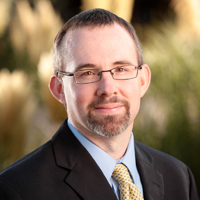
12:00-13:15
13:15-14:45
Title: Best Practices: Curriculum and Assessment
Description: This session will highlight best practices for creating structure to experiential education through curriculum and assessment. We will begin with the end in mind and focus on learning outcomes, activities to teach students, and ensuring students have learned in the pharmacy practice setting. Examples published in the literature will be showcased.
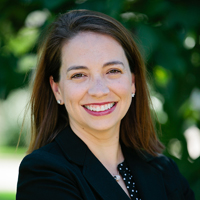
14:45-16:30
Description: Teams will be provided the opportunity to begin the strategic planning process for issues specifically focused on their institution. Teams will be encouraged to identify goals and potential strategies to reach these goals in the areas of curriculum development and assessment which will be reviewed during Plenary 2. Expert faculty will be available to answer questions and help facilitate the team time exercises.
16:30-17:30
08:00-08:30
08:30-10:00
Title: Best Practices: Preceptor Development
Description: This session will focus on examples in the literature of reaching preceptors through training and ongoing development. We will look at the needs of preceptors and adult learners and highlight examples published in the literature on preceptor development strategies.

10:00-10:30
10:30-12:00
Description: Teams will be provided the opportunity to begin the strategic planning process for issues specifically focused on their institution. Teams will be encouraged to identify goals and potential strategies to reach these goals in the areas of preceptor training and development which will be reviewed during Plenary 3. Expert faculty will be available to answer questions and help facilitate the team time exercises.
12:00-13:15
13:15-14:45
Title: Best Practices: Quality Assurance in Experiential Education
Description: This session will focus on examples in the literature of quality assurance initiatives and programs that institutions have used to assess the performance of their experiential programs. Specific examples related to preceptor development, curriculum development, and curricular assessment will all be addressed.

14:45-16:15
Description: Teams will be provided the opportunity to continue the strategic planning process that was initiated during Team Time 1 and 2. Teams will be encouraged to review their initiatives and prioritize them in order to identify the one or two areas they can focus on when they return to their institution. Expert faculty will be available to answer questions and help facilitate the team time exercises.
16:15-16:45
08:45-09:00
09:00-09:45
09:45-10:30
10:30-10:45
10:45-11:30
11:30-12:15
12:15-13:00